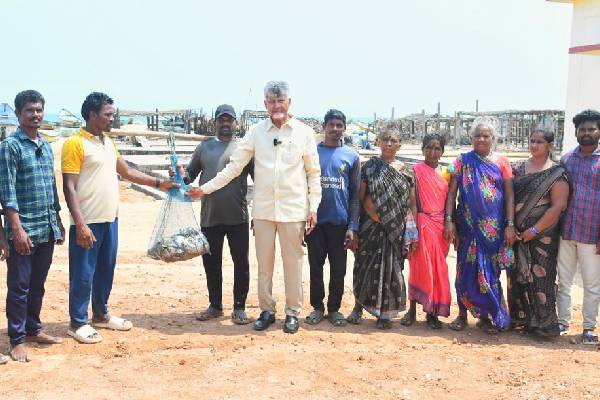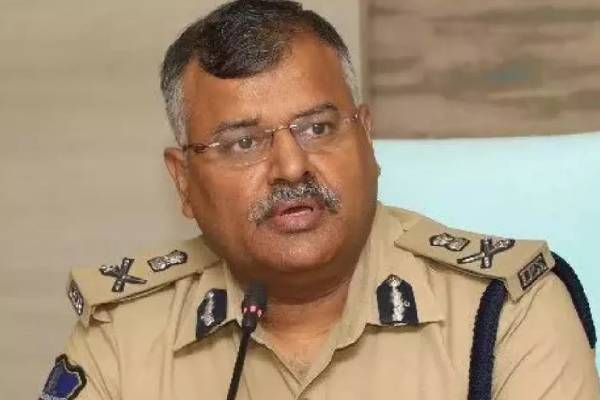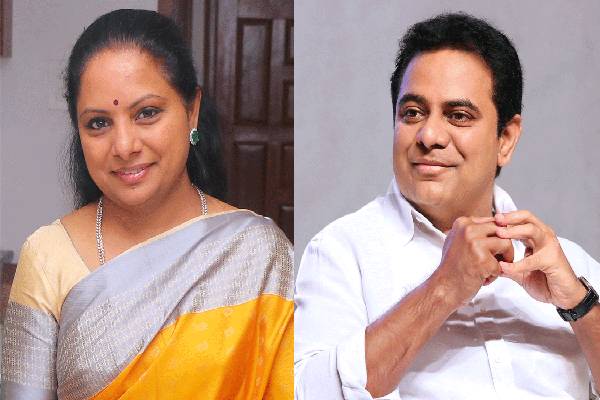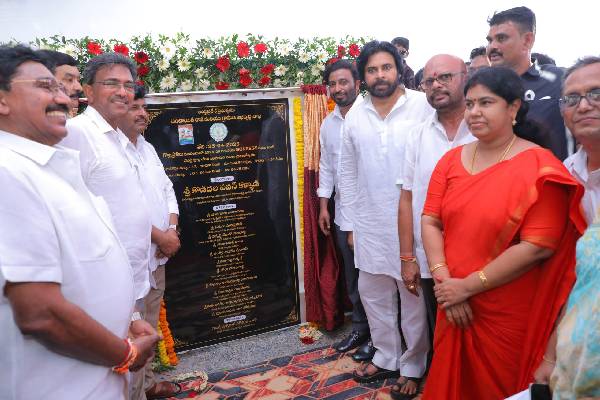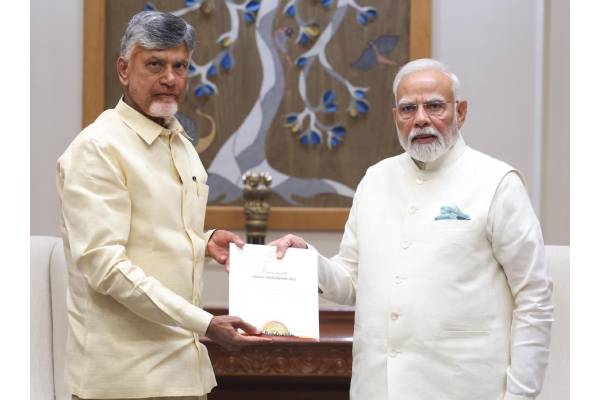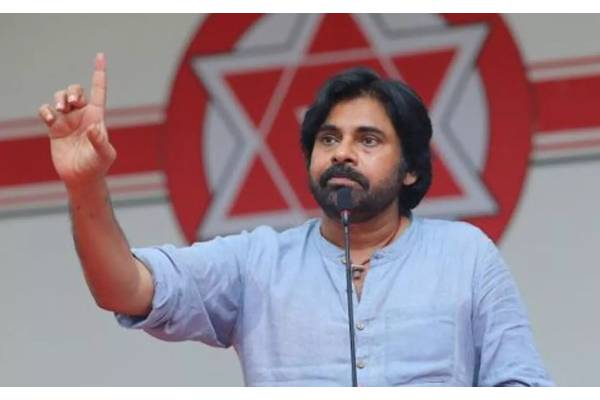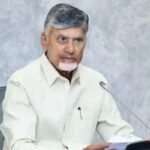Since the inception of the Jana Sena party in 2014, Pawan Kalyan has been hailed as a beacon of idealism in Andhra Pradesh politics. His unwavering commitment to principles over power and his selfless dedication to the welfare of the people have garnered immense admiration despite the defeat in the elections. However, a recent statement from the Jana Sena chief has sparked debates about a perceived shift in his approach as the 2024 AP assembly elections loom.
Zero Money Politics in 2019 Elections:
Pawan Kalyan’s political journey has been defined by his refusal to compromise on his principles. He fearlessly challenged both the allies – TDP and BJP when they failed to deliver on their promises to Andhra Pradesh. His party’s ethos of zero-money politics and the inclusion of ordinary citizens as candidates in the 2019 elections set a new precedent in AP politics. Despite facing defeat, Pawan’s popularity and the support for Janasena surged, bolstered by his altruistic endeavors, including substantial contributions to distressed families of the tenant farmers. He gave almost 30 crores of his hard-earned money to the distressed families of the tenant farmers.
Recent Comment of Pawan: “Leaders should spend money”
However, as preparations for the upcoming elections intensify, Pawan Kalyan’s recent directive to party leaders regarding campaign expenditure has raised eyebrows. While addressing the leaders of his party, Pawan commented that the leaders must spend money in the upcoming elections. He added that he is not asking them to buy the votes but they need to spend money for effective campaigning.
Mixed Reactions to Pawan’s Comments:
For many admirers of Pawan Kalyan, this pragmatic approach signifies an understanding of the ground realities of politics. They believe this shift does not compromise his ideals but acknowledges the practical necessities of electoral campaigns.
Conversely, critics and skeptics perceive this as a departure from his earlier stance, questioning the integrity of his principles. Political opponents and their followers started teasing the cadres of Janasena about zero-money politics.
On the other hand, the response from neutral observers reflects a recognition of the complexities inherent in political dynamics. Some view Pawan’s evolving strategy as a calculated move to enhance Janasena’s electoral prospects in 2024, suggesting a pragmatic adaptation to the realities of contemporary politics.
Whether this shift will bolster Janasena’s fortunes or undermine its ideological foundation remains to be seen, but it undoubtedly marks a significant chapter in Pawan’s political odyssey.





















